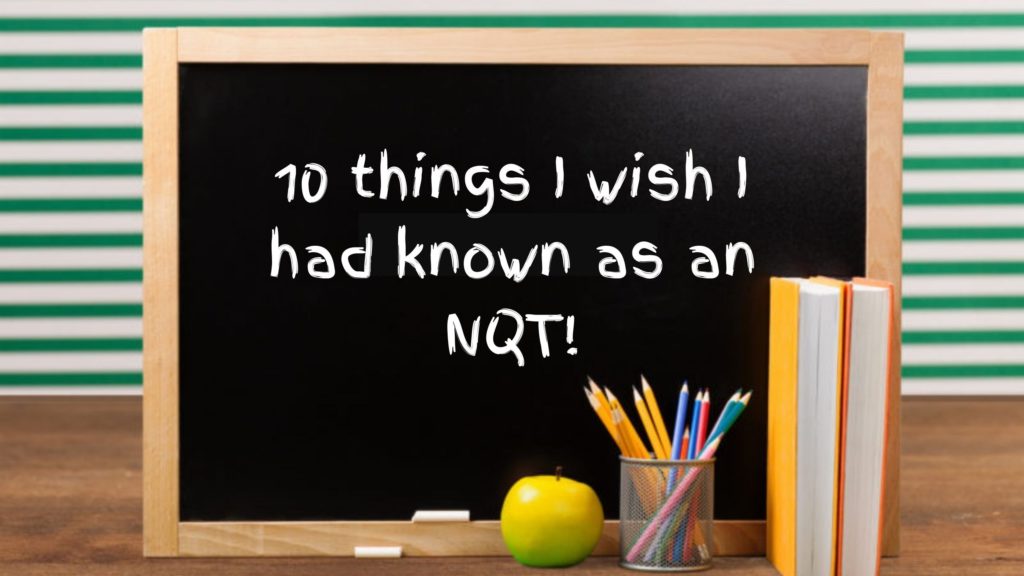Tips for handling an Ofsted inspection

Ofsted. Inspection. Panic. Even post Covid, there is nothing that teachers and senior leaders fear more than the ordeal that is an Ofsted inspection.
Although it is only natural to enter panic mode after that dreaded phone call, you need to look at the inspection from a different perspective. Get out there and do what you do…and do it well. Embrace it.
Use this as an opportunity to show off your professionalism, outstanding teaching and fantastic pupils.
For those of you seeking guidance, here are a few tips to help you survive the inspection:
1. Be yourself
Try to get through the day as normally as possible. Your pupils will try to act up if you try to change your teaching style or methods, so be confident in your ability and be yourself. Avoid experimenting with your teaching methods or changing the classroom around, as it might unsettle or alarm the pupils.
Of course, it won’t be a normal day when Ofsted inspectors are walking in and out of your classroom, but just try and do what you would usually do to keep pupils, and yourself, calm.

2. Focus on books
When I was training as an NQT, I remember being told that it didn’t matter how outstanding my lesson was, if my books weren’t impeccable. Ofsted inspectors want to see pupil progress over time, not just in the lesson so focus on your marking.
Your formative and summative assessment and pupils’ response to feedback is clear evidence of this progress. Make sure you are setting clear targets for your pupils and that they are responding to them accordingly.
3. Keep it in perspective
Ofsted is every teacher’s nightmare, but it doesn’t have to be. Think of it as another observation by your subject or professional mentor. Even if you teach the worst possible lesson, it is unlikely to affect the entire rating of the school.
Instead, use this as a learning experience and opportunity to develop as a professional. According to Ofsted guidance, if an inspector observes you for 20 minutes, you can ask for formal feedback.

4. Lay the groundwork
Middle and senior leaders look at the prospect of an Ofsted inspection from a different perspective and have other challenges and pressures to face. However, if the SLT has laid the foundations successfully and you, as a classroom teacher, have done the groundwork too – half the battle is won, even before the inspectors walk through the door. You should always be ‘Ofsted inspection ready’ as a classroom teacher.
5. Be prepared
Brush up on the school code of conduct and behaviour policy, organise your class books and take a moment to breathe. You might get asked for an entire class set of books, so have them ready for each lesson you teach.
Read the Ofsted guidance and be clear of what is expected from you. The most recent Ofsted guidance is very clear about what inspectors can do and ask to see. They cannot ask to see planning and they do not expect to see a certain type or amount of marking. So prepare what you can.

The intense culture of scrutiny that most schools in the UK have – good or bad – have trained us for this moment. With learning walks and book scrutiny, formal observations are never that far away for most teachers, so you should be well prepared for Ofsted at any time.
Ofsted has nothing up their sleeves, it’s just another observation. So, teach the best lesson that you can. Focus on planning lessons the pupils can enjoy, let the adrenaline take over and try to enjoy showing off what you can really do in a classroom!








Responses